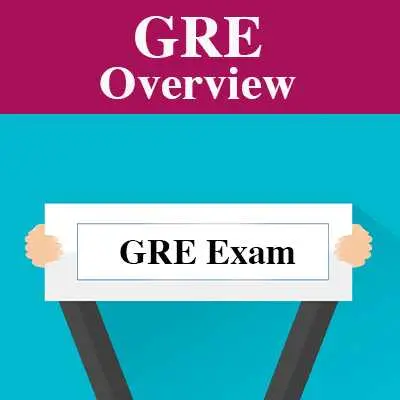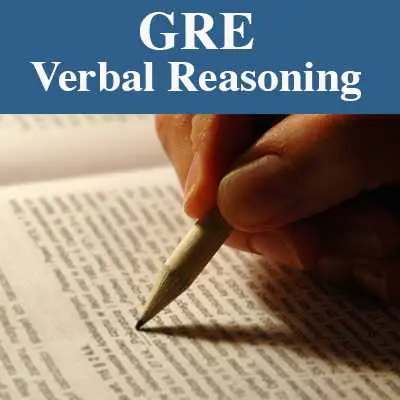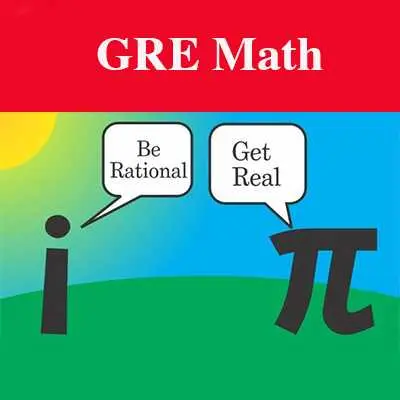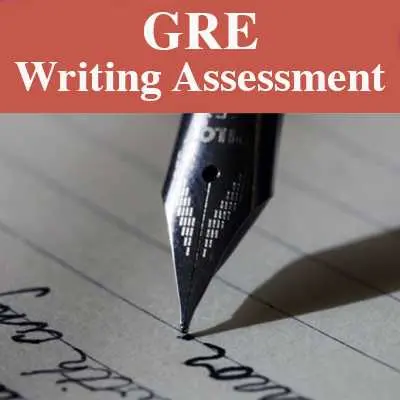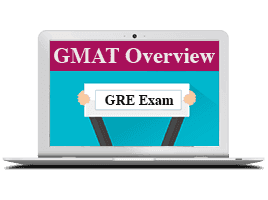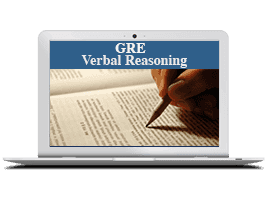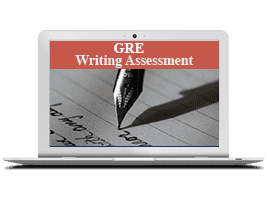Qualitative Reasoning Section of the GRE
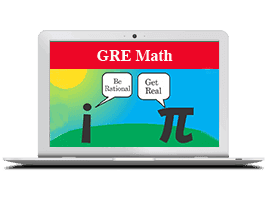
The Qualitative Reasoning section of the GRE has two sections, each lasting 35 minutes per section and containing 20 multiple-choice questions per section. Each question appears independently as a discrete question or part of a set of questions called a Data Interpretation set. All the questions in a Data Interpretation set are based on the same data presented in tables, graphs, or other data displays.
You can use a basic calculator on the Quantitative Reasoning measure. For the computer-based test, the calculator is provided on-screen. A handheld calculator is provided at the test center for the paper-based test.
There are four types of questions:
1. Quantitative Comparison
The Quantitative Comparison questions ask you to compare two quantities -Quantity A and Quantity B - and then determine which of the following statements describes the comparison:
i. Quantity A is greater.
ii. Quantity B is greater.
iii. The two quantities are equal.
iv. The relationship cannot be determined from the information given.
2. Multiple-choice Questions - Select One Answer Choice
These types of Multiple-choice Questions ask you to select only one answer choice from a list of five choices.
3. Multiple-choice Questions - Select One or More Answer Choices
These types of Multiple-choice Questions ask you to select one or more answer choices from a list of choices. A question may or may not specify the number of choices to select
4. Numeric Entry Questions
The Numeric Entry Questions ask you either to enter your answer as an integer or a decimal in a single answer box or to enter it as a fraction in two separate boxes - one for the numerator and one for the denominator.










